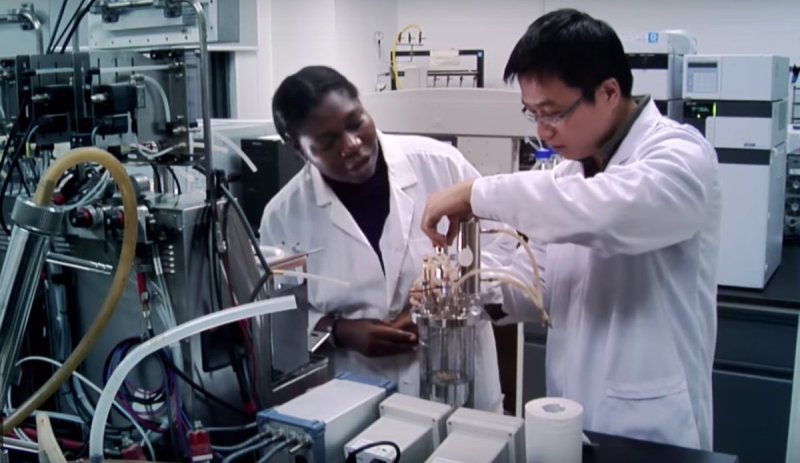In the summer of 2018, the European Court of Justice (that’s Europe’s highest court) reviewed a case and concluded that gene-edited crops should be subject to the same regulations as conventional genetically modified organisms (GMOs).
This meant that CRISPR-edited plants, from that moment on, became subject to strict GMO laws in the European Union, threatening much-needed research on gene-edited crops.
Since these laws do not differentiate between old-school GMOs that contain foreign DNA and plants obtained using new plant breeding techniques, the application of the old GMO laws to new techniques is not justifiable and must be updated.
As young researchers and citizens, we believe that NPBTs and CRISPR can contribute to meeting the challenges we presently face, and policy must be updated in order to effectively utilize them.
…
So far, this discussion in the EU has involved major stakeholders: politicians, breeding and biotech companies, and non-governmental organizations.
We felt an important voice was missing: the voice of the younger generation.
We present a platform for early career plant scientists that encourages them to participate in science communication and that facilitates open dialogue with experts from different fields, policy makers, and citizens.
We want to enable both early-career plant scientists and citizens to find their voice.































